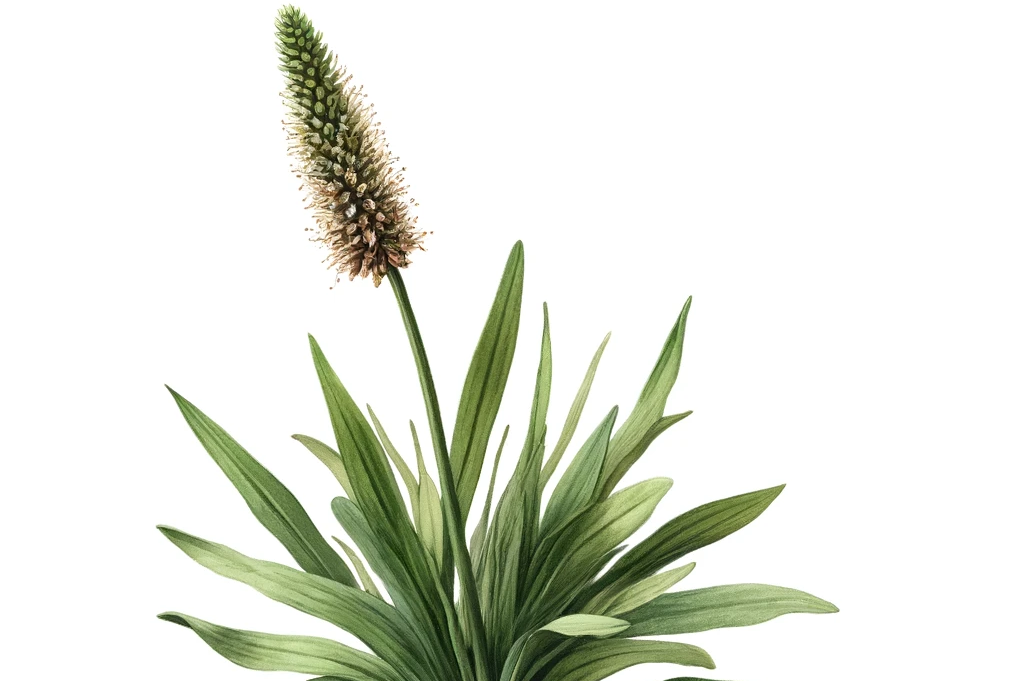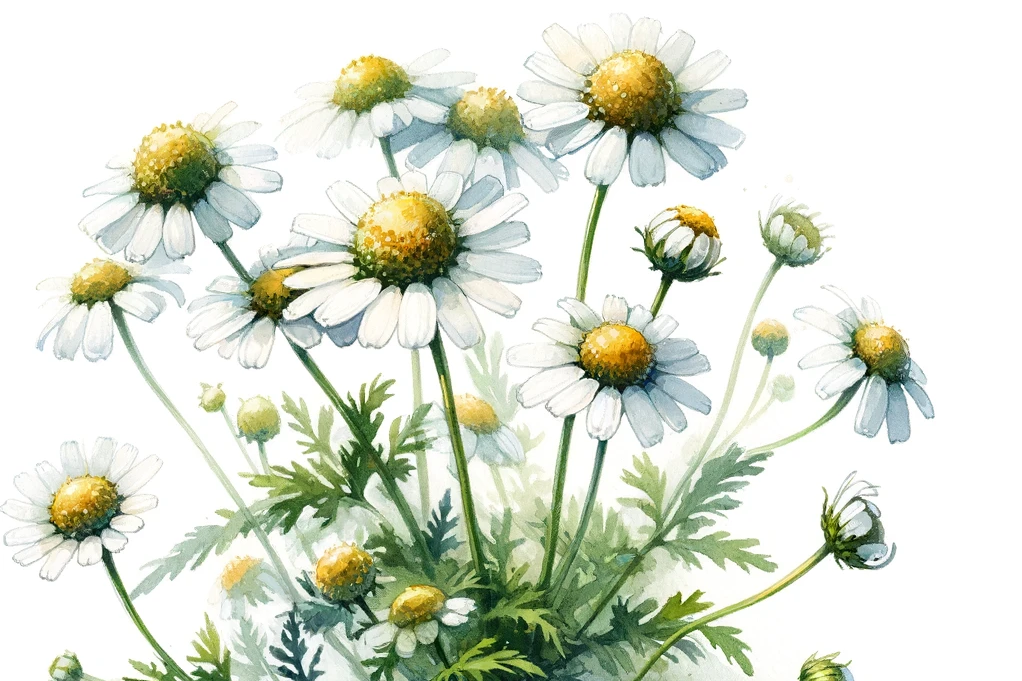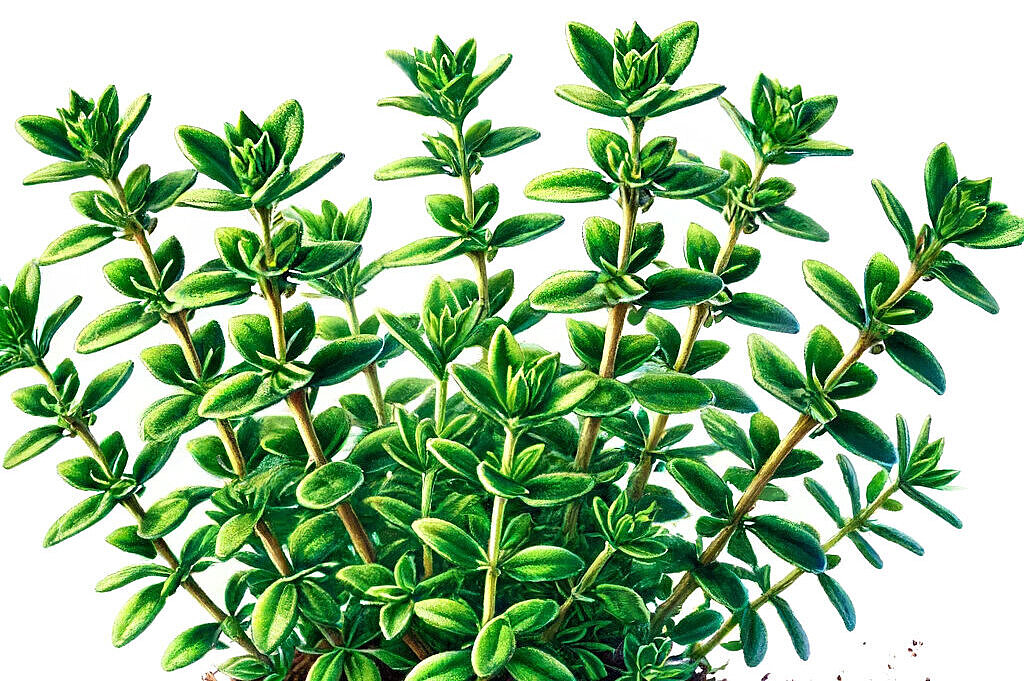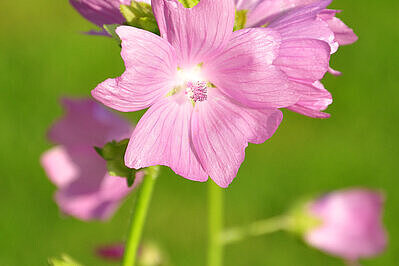Marshmallow
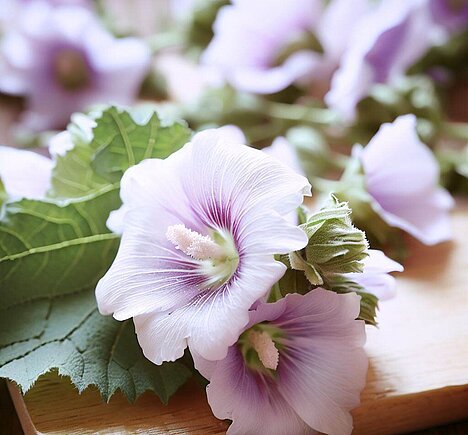
What is marshmallow?
Marshmallow is a perennial plant from the mallow family that can grow up to 1.5 meters high. It has hairy leaves and pinkish-white flowers. The roots and leaves contain many mucilage substances that have a soothing and expectorant effect.
How does marshmallow work?
Marshmallow can help your dog with various ailments. It acts like a protective film on the mucous membranes of the stomach, intestines and respiratory tract, relieving inflammation and irritation. It can also support the natural regulation of stomach acid and thus prevent or alleviate stomach complaints. In the case of coughs and bronchitis, it can loosen phlegm and make it easier to cough up.
How can you use marshmallow?
Marshmallow is available to buy as a cut or ground herb. You can add it pure or mixed with other herbs to your dog's food. The recommended dosage is about one teaspoon per 10 kg of body weight per day. You can also make a tea from marshmallow and give it to your dog lukewarm.
What side effects does marshmallow have?
Marshmallow has no known side effects or interactions with other medications. However, you should make sure that your dog doesn't get too much of it, otherwise he may get diarrhea. You should also not give it together with antibiotics, as it can weaken their effect. If your dog has severe or chronic symptoms, you should always consult a vet.
Marshmallow is a natural and gentle way to help your dog with various ailments. It can soothe the mucous membranes, loosen mucus and protect the stomach. You can simply mix it into their food or offer it as a tea. However, make sure that you dose it correctly and do not combine it with antibiotics.
If you notice any signs of hypersensitivity or poisoning in your dog, you should see your vet immediately. We are not a substitute for a vet, but we try to be as accurate as possible. Every dog reacts differently and we recommend you get a second opinion or consult your vet if in doubt.
Stay healthy and take good care of your four-legged friend!😊
Similar to Marshmallow
Ribwort plantain (Plantago lanceolata) belongs to the plantain family and is native to Europe, Asia and North Africa. It grows mainly on nutrient-rich soils and is very adaptable. Ribwort plantain...
Chamomile is a plant from the composite family that is mainly found in Europe, Asia and Africa. It has white flowers with a yellow center that exude a pleasant fragrance. The flowers are dried and...
Thyme belongs to the labiate family and grows mainly in the Mediterranean region. It has small green leaves and pink or white flowers that attract many bees. Thyme contains essential oils such as...
Mallow belongs to the mallow family and is closely related to the hibiscus and hollyhock plants. It contains many valuable ingredients such as mucilage, tannins, flavonoids, vitamin C and minerals....
